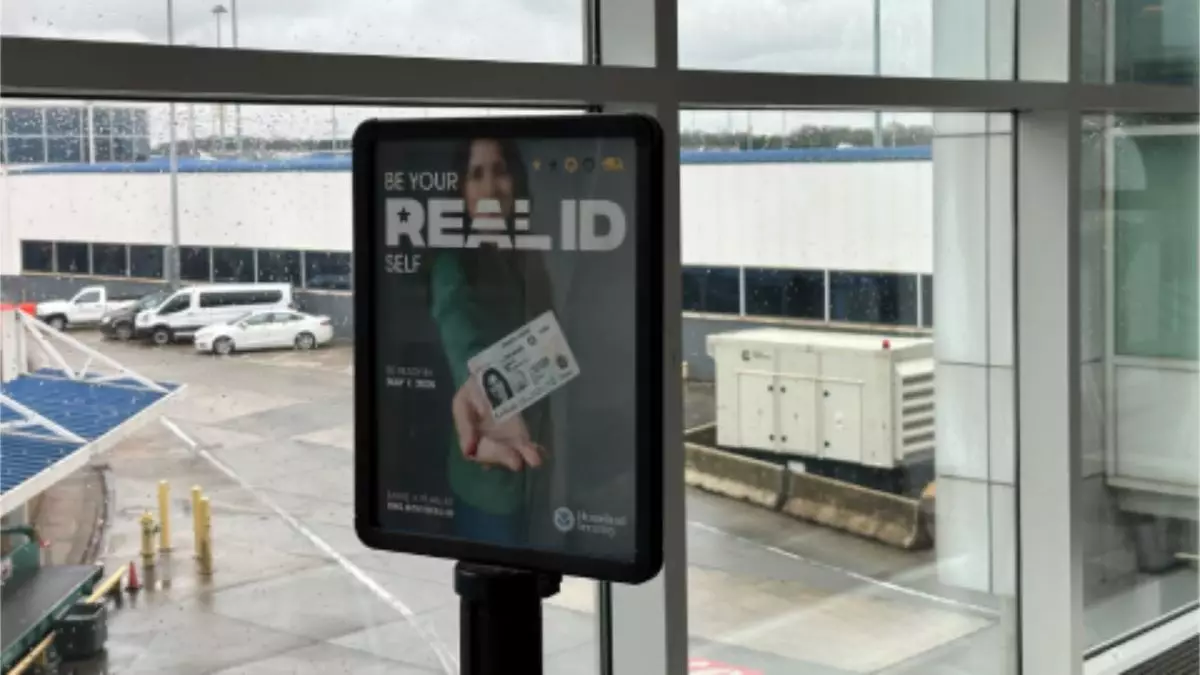The Real ID Act, instituted by Congress in 2005, was designed to enhance the security of identification standards in the United States. After multiple delays, the program was set to enforce compliance beginning on May 7, 2025. Under this regulation, driver’s licenses and identification cards that are not Real ID-compliant would be rendered invalid for federal purposes, including boarding flights. Despite the looming deadline, the Transportation Security Administration (TSA) has now proposed an extension to this enforcement timeline, pushing full compliance to May 5, 2027. This decision is pivotal as it reflects both the challenges faced in the transition to stricter identification measures and the TSA’s commitment to ensuring a smoother process for travelers.
The TSA’s recent announcement introduces a layer of flexibility in how Real ID regulations may be implemented, allowing agencies to phase in compliance rather than enforcing it abruptly. This approach aims to mitigate the risk of travelers being turned away at airport security checkpoints due to non-compliance with Real ID standards. Although the possibility remains that passengers could experience additional delays or complications if they lack proper identification after May 7, 2025, the TSA suggests that this phased approach is designed to lessen the potential chaos associated with a sudden enforcement. Travelers are, however, advised to secure a Real ID before the deadline to ensure seamless air travel and compliance with federal regulations.
In statements concerning the recently proposed rule, TSA Administrator David Pekoske emphasized the importance of public engagement in the transition towards Real ID enforcement. The TSA will interact with licensing jurisdictions, states, and other stakeholders to facilitate this shift. Acknowledging the complexities surrounding identification compliance, the administrator underscored that Real ID serves as an essential security enhancement. This proactive stance aims to ensure that travelers and industry stakeholders are well-informed and adequately prepared for the forthcoming changes.
The journey towards enforcing the Real ID Act has not been without its obstacles. Just a year prior, the Department of Homeland Security postponed the start date from May 2023 to May 2025, indicating persistent challenges in establishing uniform compliance among states. The pandemic further complicated matters, with many states delaying the issuance of compliant IDs due to restrictions. As the TSA prepares for the final rollout and transitional phases, it must remain vigilant and adaptable to ensure all parties, including travelers and airport personnel, can navigate these upcoming changes with ease.
As we approach the newly proposed deadline, the question remains: how effectively can the TSA implement this flexible enforcement strategy? With the added pressure of public health and safety concerns, the agency must strike a careful balance between stringent security measures and practical accessibility for travelers. While the extension to 2027 provides some relief, it is clear that obtaining a Real ID should remain a priority for all travelers to avoid any disruptions to what has, historically, been a vital component of transportation security in the U.S. The coming years will undoubtedly be crucial as the TSA navigates these uncharted waters and strives to bolster national security without alienating travelers.


Leave a Reply